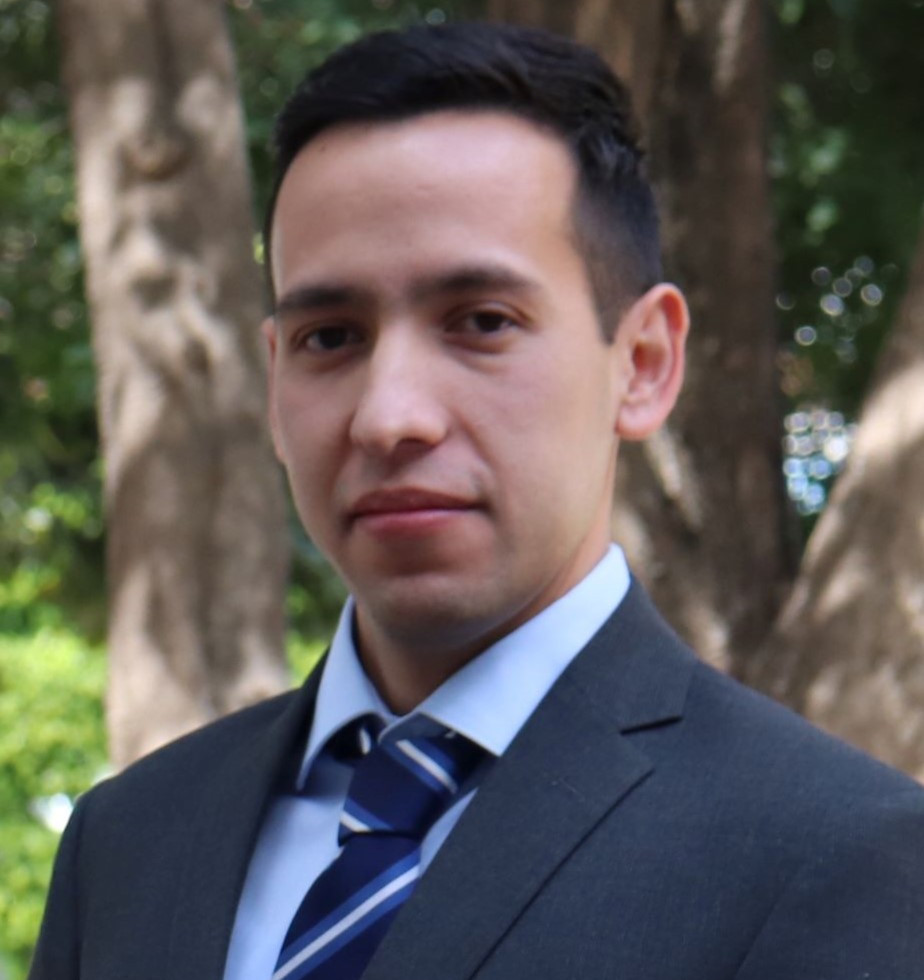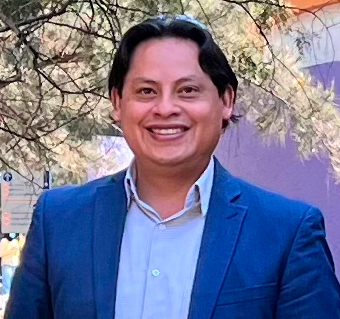About CHARAL

As AI technologies mature, the focus is shifting from model development to their effective deployment in real-world systems. In domains such as robotics, manufacturing, healthcare, and intelligent infrastructure, integrating AI into production environments introduces unique challenges related to system design, latency, reliability, monitoring, and trust.
The 1st CHARAL workshop at MICAI 2025 will provide a forum for researchers and practitioners to explore holistic approaches to engineering and operating AI systems that are robust, explainable, and adaptable in complex, real-world conditions.








